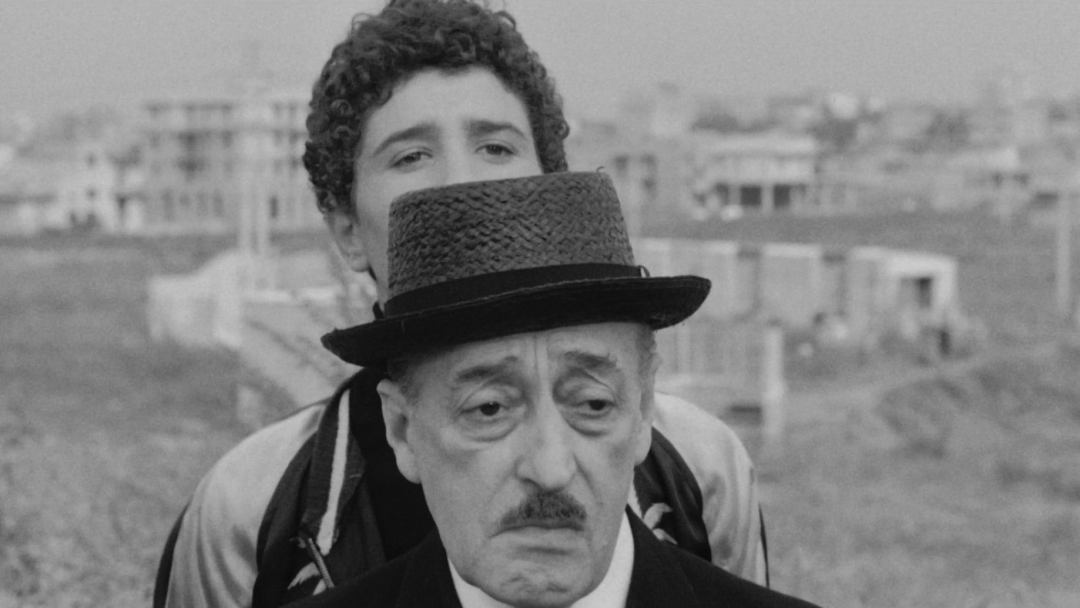Praised be Pier Paolo Pasolini
This year is marked by the hundredth anniversary of the birth of Pierre Paolo Pasolini. If the artist; poet, writer, essayist and director, has never ceased to constitute an essential reference, whether for filmmakers themselves eager to shake up conventions, or for exegetes always in search of meaning, this centenary is the unique opportunity for new highlights. Let us mention, among others, the Cinema notebooks of this summer which paralleled the approach of the Italian director with that of Rainer Werner Fassbinder, one of his equally unconventional contemporaries. Released more recently, Everything about Pasolini (Chez Gremese), a bible of more than four hundred pages to elude nothing. In its box Carlotta Films chooses to focus on the filmography of the sixties. Wise choice in more ways than one. Focusing on the first works of the author allows us to take the measure of the evolution and the Pasolinan revolution which will only be stopped by the premature death of the artist. With Accatone (1961) then Mamma Roma (1962), it is in the tinsel of Neo-realism that the Marxist-Christian vision of Pasolini prophetically disrupts the established order, thus announcing its Gospel according to Matthew (1964). Appropriation of myths, digression, transgression, Oedipus King (1967) and Medea (1969) accentuate the troubled feelings that can arise from an increasingly murky and unstructured iconography. If the first films remain relatively accessible to a more or less wide audience, the end of this decade announces a turn that some will consider too perilous and provocative. Choosing not to include Theorem (1968) and especially Pigsty (1969) in the proposed titles can then by closer links with the filmography of the following decade. The object, we hope, of a new box of Carlotta
Rare pearls
We can only be delighted by the presence in this box of two feature films and somewhat usually forgotten: Birds, big and small (1966) and Sexuality survey (1964). Both reveal a Pasolini inhabited by an apparently unsuspected lightness and sense of humor. In the first named, Toto, eternal elegant and cynical clown character, travels the Italian countryside and travels in time accompanied by his simpleton son (actor) and a talking crow. A picaresque tale, a quest for spirituality, the incredible adventures of the trio are linked to a rhythm worthy of the great Italian comedies, without ever forgetting to question the meaning of life, by dismissing religion and philosophy back to back. The Ricota (1963), a medium-length film also included in the box, we find this same crazy verve, with the immobile presence of the immense Orson Welles. In Sexuality Survey, microphone in hand, Pasolini travels La Botte from north to south to probe and provoke the reactions of his fellow citizens on their sexual relations, the place of women, divorce…. Colorful testimonies, the mischief of a pseudo-sociologist Pasolini who relies on Moravia to validate his hypotheses, the documentary says as much about the interviewer as about the population who lay themselves bare. By bringing together key works and works Carlotta can only satisfy us.

